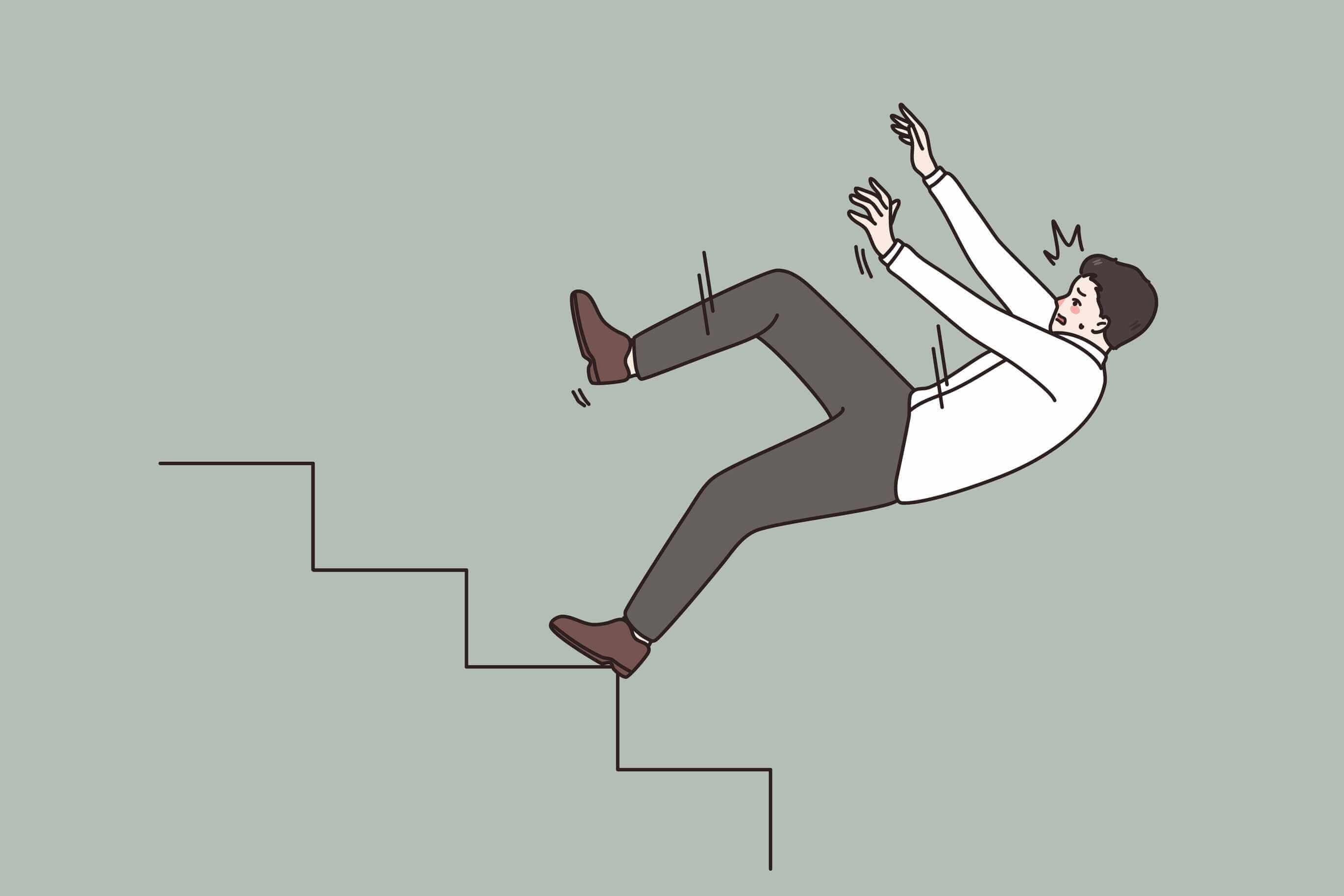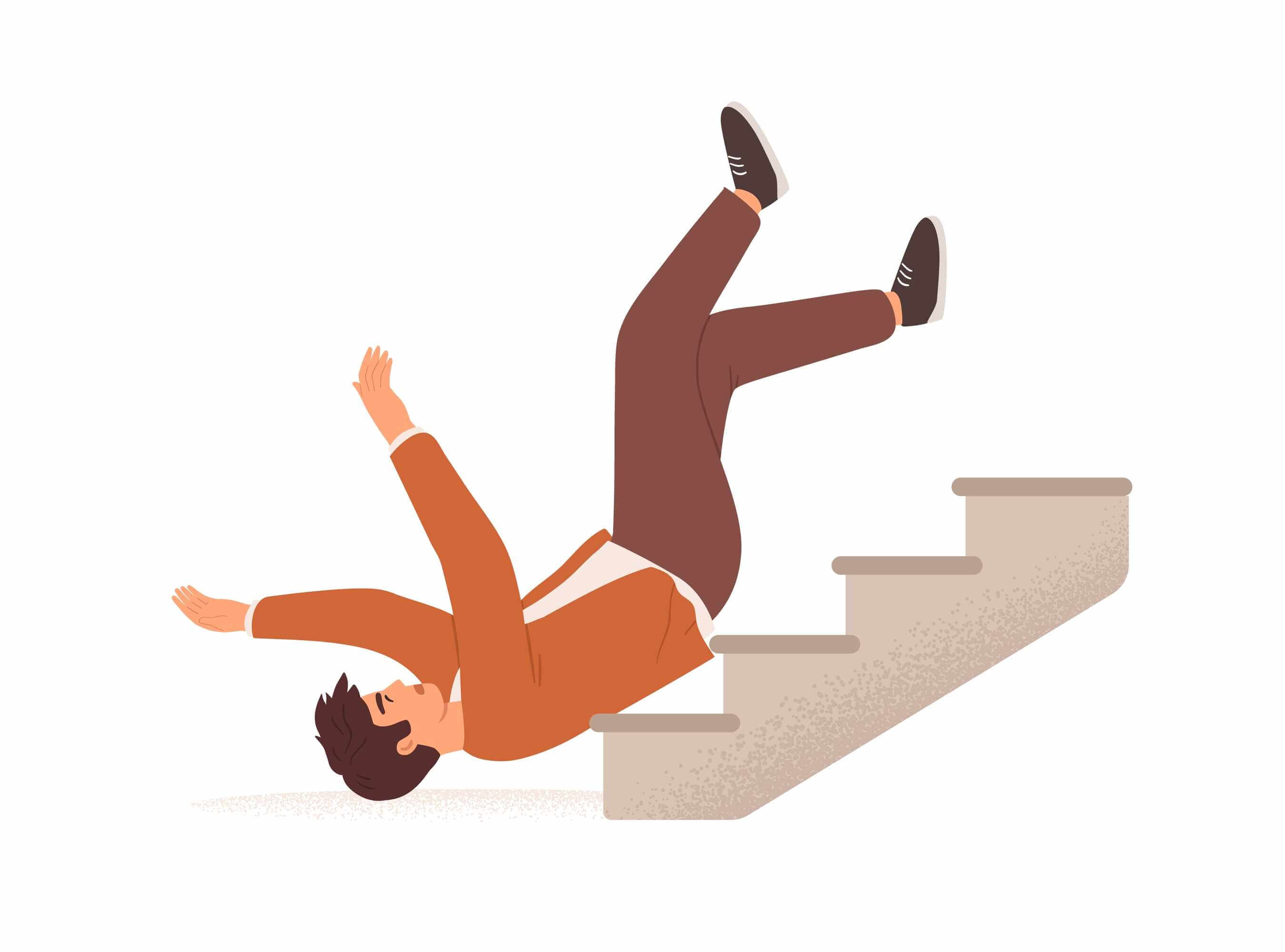Randomized Clinical Trial: Sleep Training Intervention And Its Effect On Infant Sleep

You might have heard of new evidence showing that room sharing is linked to worse sleep - I wanted to share that study and different interpretations of the results, but I actually found out that the study was a secondary analysis of a larger, randomized clinical trial. So, I thought it would be interesting to share the original study first: INSIGHT Responsive Parenting Intervention and Infant Sleep.
To clarify, I'm only talking about the trial, not about individual parents who choose whatever approach to feeding and sleeping that they find best for their family.
Summary
Parents were randomly assigned to a sleep training intervention (responsive parenting group) or to an intervention on home safety (control group).
The sleep training intervention resulted in a short-term small increase in average total daily sleep (~20 minutes) and average nighttime sleep (~25 minutes) that disappeared by age 1. However, it did not reduce wake ups, night feeds, or the proportion of babies who took a long time to fall asleep. Individual sleep time varied a long among different babies.
The intervention did not decrease the proportion of babies who were predominantly fed breastmilk, but we do not know if it affected exclusive breastfeeding, breastfeeding issues, or early cessation of breastfeeding.
I argue that there were issues in how the sleep training intervention was delivered. Parents were not given unbiased, accurate, evidence-based information on normal sleep and feeding patterns, and were rather pushed into compliance by instilling in them unfounded concerns.
The intervention
Parents were randomly assigned to an intervention teaching "responsive parenting" practices aimed at reducing obesity (RP group), or to an intervention on home safety practices (control group).
Responsive parenting practices included recommendations like recognizing hunger cues, not forcing the child baby finish a bottle, use slow flow nipples, how to soothe an upset child, etc. Parents were taught not to feed the baby immediately when he cried, unless he was showing hunger signs, because young babies should learn to "discriminate between hunger and other distress"; instead, alternatives like offering a pacifier or swaddling were recommended. Comfort nursing at the breast, as well as offering a bottle, was called "using food to soothe"; only offering a pacifier or other object counted as "non nutritive sucking".
Part of the RP intervention focused on sleep, with the reasoning that a) sleep issues are linked to developmental issues in children, and b) feeding to sleep or at night might increase obesity risk. The sleep intervention recommended some practices like: an early bedtime (7-8 pm), a short bedtime routine, keep a quiet environment before bed, offer a dream feed, use a swaddle and white noise. It also advised parents to:
- not rock or feed to sleep
- move the baby to his own room by 3 mo, as "the move would be more difficult if the family waited much beyond that point."
- put the baby awake in their crib and leave the room, giving the baby some time to settle alone
- not respond immediately to the baby if he woke up at night
- not feed the baby at night, as "babies can go 8-12 hours without eating"
This advice was given when babies were 3 weeks old and reiterated at 4 months.
Parents in the control group were not given these recommendations, but some parents might have still adopted some or all of them out of their own preference or pediatrician's recommendation.
Parents were then asked questions about their babies' sleep at 2, 4 and 9 months.
Results of the intervention
- Did it lead to better sleep?
Parents in the RP group reported a very small increase in the average total sleep over a 24 hour period for younger babies (about 20 minutes), but the difference disappeared at 9 months. This difference is unlikely to be meaningful for babies' health or parents' subjective experience. Total daytime sleep showed marked variations among individual babies in both groups, with a range of about 4 hours (variations of total sleep ~2 hours longer or shorter than the average).
They also reported a small increase (about 25 minutes) in the average nighttime sleep duration. The average different was more pronounced in younger babies and decreased over time: 35 minutes at 2 months (8 hours and 52 minutes vs 8 hours and 17 minutes), 25 minutes at 4 months (9h 42m vs 9h 17m), 22 minutes at 9 months (10h 24m vs 10h 2m), and no difference at 1 year. This was not a difference in uninterrupted sleep and did not correspond to reduce night wakings. It is unlikely to be meaningful for infants' health. Some parents might find it a subjectively meaningful difference. Marked individual variations were present in both groups, with a range of up to 2.5 hours in nighttime sleep duration (variations of ~80 minutes longer or shorter than the average).
The RP intervention did not reduce the number of babies who took a long time to fall asleep (reported by mothers), the number of night wakings, and the number of night feeds.
Across study groups, babies with an early bedtime and/or who "self soothed" tended to sleep longer, but this was a correlation. It does not mean a cause-effect relationship. (more below on self soothing)
It is important to note that sleep duration was measured by subjective parental reports. Parental reports are known to be inaccurate compared to objectively measuring sleep (for example, by video taping or actigraphy) - in particular they tend to over-estimate sleep duration and under-estimate wake ups, especially for non-room sharing infants. The subjective estimation is of course important for parents' perception and experience, and it correlates to benefits in parents' sleep. However, since it does not actually equal an objective improvement in babies' sleep, it is unlikely to have any effect on babies' health and development issues caused by inadequate sleep.
- Did it change sleep practices?
About 10% more babies in the RP group "self soothed", meaning they fell asleep without their parents' presence, alone in a room in their crib. About 10% less babies were fed to sleep. About 15% less babies were fed back to sleep when they woke up. At 9 months, less babies were also picked up to soothe them back to sleep, with parents using other strategies that didn't include picking them up.
More parents in the RP group offered a short consistent bedtime routine, an early bedtime, put their baby down awake in their crib, used a swaddle, and gave a dream feed (a parent-initiated feed before the parents' bedtime).
The RP intervention did not change the proportion of babies who slept in their own room after 3 months (about 45% at 4 months, about 65% at 9 months) or used a pacifier to sleep (about 25%). This suggests that parents make these choices regardless of what is recommended to them. It's likely parents make the choice based on their individual preferences, beliefs, circumstances, and their babies' individual needs and temperament.
- What about breastfeeding?
There was no interaction between feeding mode (breastfeeding vs formula feeding) and study group on sleep duration at any study assessment point. This means that there was no significant difference in sleep duration between breastfed and formula fed babies in the RP intervention group, or between breastfed and formula fed babies in the control group.
There were no differences in the proportion of babies who were predominantly breastfed between the two groups. "Predominantly breastfed" means that babies got breastmilk for >80% of their milk feeds, either at the breast or by bottle.
Exclusive breastfeeding, breastfeeding issues, early cessation of breastfeeding, were not measured. No difference was made for the impact on mothers who were nursing vs bottle feeding pumped milk or formula (and only 20% of mothers did not routinely use bottles). It is important to note the absence of these data, as restricting nighttime feeds goes against nutrition guidelines and poses breastfeeding concerns (see below).
- Did babies who self-soothed sleep better? What about room sharing?
The authors did find that babies who self-soothed to sleep (fell asleep alone in a room, in a crib) tended to sleep longer and spend less time awake at night, by parental reports. They found similar results for infants who were moved early to a different room. They interpret this as proof that self-soothing and solo-sleeping could be encouraged as a strategy to improve infants' sleep. Important note though: these practices were only correlated with benefits, and we cannot assume a cause-effect relationship, especially as these practices were heavily influenced by parents' individual preferences.
It does not mean that taking away parental presence will automatically lead to better sleep for most babies. Babies who are able to self soothe could simply be babies with lower sleep support needs, or who wake up and don't alert their parents. It is likely that babies who have lower sleep support needs will be more easily be left to "self soothe", because their parents know it works for them; while babies who need more support to fall asleep or who "signal" when they wake up will more likely receive more parental presence and close contact, because their parents know it works for them.
Same for room sharing: parents will move out more easily a baby who is sleeping well at night, or if they find that they personally sleep better this way. Parents of a baby who is waking up often, needing frequent feeds and comfort etc. will find it easier to keep the baby near them. (I might write more about the room-sharing study in the future.)
"Responsive parenting" or sleep training?
Some recommendations are pretty evidence-based and widely acceptable, like a bedtime routine and an early bedtime. However, most of this "responsive parenting" advice given to prevent obesity (?) is, basically, a sleep training method heavily focused on night weaning + baby sleeping alone in his own room at a very early age + delayed response to crying/controlled crying.
This is a behavioral sleep intervention aimed at reducing or delaying parents' response to a crying baby, to stop "reinforcing" unwanted behaviors. While many parents might choose to implement these practices, dubbing them "responsive parenting" is disingenuous. There is nothing responsive in telling parents not to respond to a crying baby; restrict young babies access to food and liquids based on time of day; discourage comfort nursing for breastfed babies; move the baby to his own room very early because (I quote) "room-sharing may result in either unnecessary parental responses to infant night wakings or, alternatively, the infant’s expectation of caretaking behaviors from parents".
These practices were presented to parents as more "responsive" and beneficial to babies' development than actually responding to babies distress immediately. Again, some parents might find that these practices work best for them, but the researchers engaged in Olympics levels of mental gymnastics here.
(Please note: I am not judging the suggested behaviors as a choice that parents can make. I have myself used many of these techniques to try to get more sleep, including delaying a response and moving my baby to a different room. But we need to be honest about what we are talking about.)
A note on ethics and language, and issues with prescribing restricted breastfeeding
I find the ethics of how the intervention was delivered questionable. Parents agreed to be randomized to a responsive parenting intervention to lower their children's risk of obesity, not to a sleep training intervention. Parents were pushed to comply with the sleep training recommendations by instilling unfounded concerns in them, and by being provided with inadequate and incomplete information. Non-evidence based opinions were presented as facts, and it was not discussed with them that some recommendations were in conflict with international health guidelines and could potentially lead to other health issues.
For example, parents were told to stop room sharing with their baby by 3 months, as doing so later would be more difficult. This is a personal opinion of the researchers, not supported by evidence, but presented as a fact; basically, pushing parents into compliance by instilling an unfounded fear. Parents were not informed that they should weigh the possible benefit of this recommendation against the AAP recommendation of room sharing for at least 6 months to reduce SIDS, or other possible benefits of room sharing like easier care taking or feeding. No mention was made of the WHO, AAP, and Academy of Breastfeeding Medicine recommendations for unrestricted nursing day and night. Parents were told - again with no evidence and no discussion of alternative views - that to promote adequate sleep, it was important to avoid feeding a baby to sleep or immediately responding to their baby's cries.
I question as well the ethics of telling parents of 3-week-olds that all young infants can go 12 hours without food, irrespective of their individual feeding patterns and cues. No evidence was provided for the researcher's personal opinion; they only referenced to an older study showing that young babies can "sleep through the night" without feeding, which was defined as sleeping between midnight and 5 am. A far call from what the 12 hours recommended and not what parents would call "sleeping through the night". They did not discuss with parents the guidelines recommending on-demand, unrestricted, responsive feeding and the impact that restricting nighttime feeds might have on milk supply, inadequate weight gain, breastfeeding mothers' comfort and health, or early cessation of breastfeeding. Parents were not informed that mothers with a lower breast capacity need more frequent feeds to maintain an adequate milk supply, and a lower feed frequency was presented as a universally good and desirable outcome.
Parents were not informed of normal sleeping and feeding patterns in babies, including that: it's normal for babies to wake up at night; babies who feed at night do not have more wake ups than babies who don't feed at night; feeding frequency is individual and 98% of breastfed babies feed at night; night feeds are common and make up an important fraction of babies' caloric intake; comfort nursing is a common and effective way to soothe breastfed babies, with no proof of negative consequences (see below). Parents were also not informed that behavioral sleep interventions like this one have been questioned in babies under 6 months.
I find it very questionable to dub comfort nursing "using food to soothe". Nursing is an effective strategy to comfort babies in stressful situations, including when they are in pain, and it is more effective than giving a pacifier or receiving milk without nursing. Obviously, comfort nursing cannot be therefore compared to merely giving food. Non-nutritive sucking is possible at the breast, unlike with bottles, and babies regulate their milk intake by not fully emptying the breast. There is no reason to make parents believe that comfort nursing equals "using food to soothe" like offering a bottle or a cookie, that it could be harmful for their baby, and that offering a pacifier is better than nursing for a baby's development.
More biased language was used throughout, for example leaving the baby alone to fall asleep was called "allowing to self soothe", with the implication that parents helping their baby fall asleep did not allow the baby to "self soothe". The authors had clearly a strong personal bias on what they considered "good" parental and infant behavior, and consistently presented some behaviors (falling asleep without parental presence, delaying a response, not picking up a crying baby...) as a universally desirable and positive outcome, irrespective of parental preference or infants' response.
(Of course, everyone is biased. I am too. I am trying to keep my bias in mind while writing this, but if you find my language is unbalanced, please let me know, I will do my best to correct it.)
So what?
So, a sleep training intervention like this one might be a good option for some parents, and a bad option for others. It will depend on their preferences, beliefs, and their babies' own individual needs and responses. Some parts of this sleep training regime will be acceptable and feasible for a very large number of parents, like the early bedtime, while other parts won't work well for everyone and would not be universally desirable for all. There might be a small short-term sleep improvement for some babies, but no long term benefit was demonstrated, in line with other sleep training research showing no lasting positive or negative effect.
We need to let go of the "good" and "bad" language. The important thing is to help and support parents in finding the sleep approach that works best for their families, without unfounded fear mongering and judgement. Telling parents that sleep training or offering a pacifier will damage their child's wellbeing is just as bad as telling them that comfort nursing or not sleep training will damage their child's ability to sleep. There is no one size fits all.
Thanks for coming to my TedTalk.
[link] [comments]

